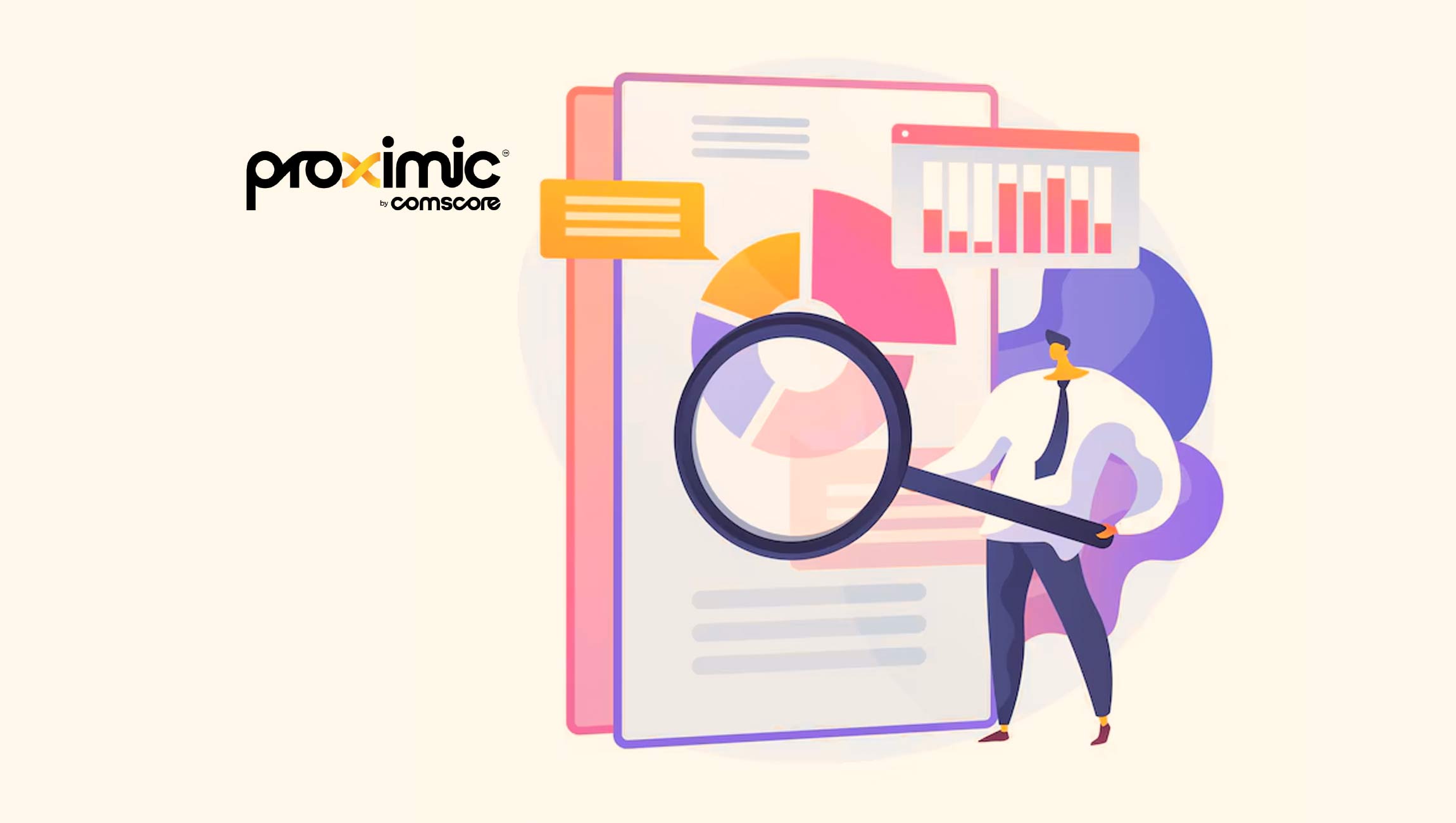Report shows that data privacy laws are significantly impacting personalized advertising, with audience targeting facing the most challenges, prompting shifts towards first-party data, AI-driven strategies, and reduced reliance on cookies
Proximic by Comscore, a division of Comscore Inc. and a leading provider of audience and content targeting solutions for programmatic activation, released its inaugural State of Privacy in Advertising Report. The comprehensive report compiles industry-wide survey research, delving into the current and anticipated impacts of rapidly evolving data privacy laws in the digital advertising landscape.
Marketing Technology News: MarTech Interview with David Rabin, CMO @ Lenovo SSG
The report reveals that 56% of respondents already face limitations in audience targeting in regions where data privacy laws are in place, and that nearly 40% reported experiencing challenges related to audience data availability in impacted locations. In addition, first-party and contextual data are the cornerstone of audience targeting strategies in regions with recently enacted data privacy laws, with 64% of respondents relying on them as their primary approach.
“Our 2024 State of Privacy in Advertising report highlights both the challenges and opportunities that advertisers face as they navigate privacy landscape,” said Rachel Gantz, Managing Director, Proximic by Comscore. “At Proximic by Comscore, we are committed to helping our partners adapt through privacy-centric, AI-driven solutions that deliver impactful targeting without relying on traditional identifiers.”
Marketing Technology News: What is Push and Pull Marketing: Tips that Help
Key Highlights of the 2024 State of Privacy in Advertising Report
- The impact of data privacy laws:
- 88% of respondents indicated that they anticipate a moderate to significant impact on their ability to deliver personalized advertising in regions with data privacy laws in place, with 28% already significantly adjusting parts of their advertising strategy.
- Due to the fragmented nature of data privacy laws, 38% of respondents have had difficulty keeping up with the details and implications of each new law, and 34% have experienced challenges trying to apply differing ad strategies across regions with varying laws in place.
- Just under one-third (31%) of respondents have experienced increased costs associated with data privacy compliance efforts.
- Audience targeting is expected to face the greatest impact:
- 61% of respondents expect audience targeting to bear the brunt of privacy law impacts, with 60% adjusting their targeting strategy to accommodate data privacy laws and 59% re-evaluating targeting datasets to comply with new laws.
- Leveraging AI and strategic data partnerships:
- Respondents reported they anticipate AI’s biggest role in maintaining effective targeted advertising while respecting data privacy laws to be improving audience targeting (63% of respondents), followed by improving campaign measurement capabilities (52% of respondents).
- Privacy legislation accelerating shift away from cookie reliance:
- 43% of respondents indicated that recent privacy legislation has accelerated their plans to reduce reliance on cookies.
Proximic by Comscore has long focused on providing privacy-resilient advertising solutions. It offers contextually powered targeting segments with a specific focus on ID-free Predictive Audiences. These highly predictive segments are built from Comscore’s massive consented panel data assets and Proximic’s AI contextual intelligence to enable reach against audience definitions such as purchase intent, interest, and personas without leveraging user identifiers.











